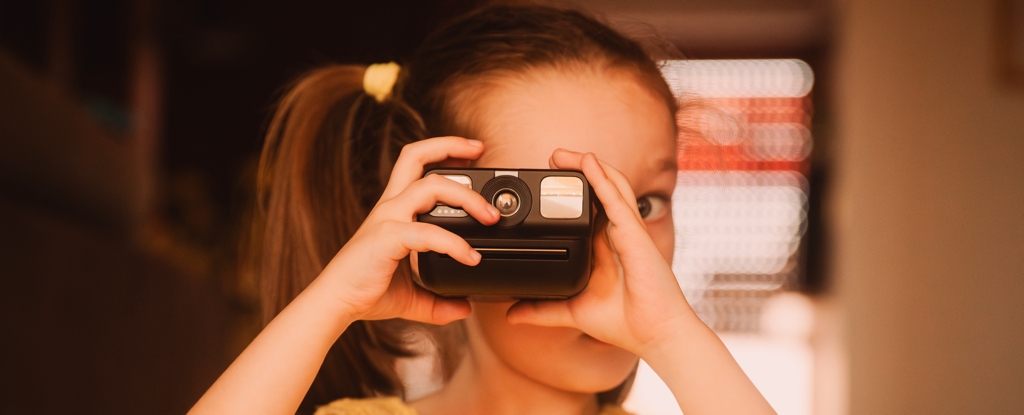Childhood habits can be hard to break. The results of a new survey suggest the way you tune your thermostat today may be a remnant of your upbringing.
A recent paper cheekily titled “Turn down for watt” suggests the average American doesn’t turn down their thermostat for much, in spite of heating and cooling comprising a significant part of most home energy bills.
Instead, residents tend to follow in their parents’ footsteps.
“Specifically, individuals who grew up in warmer homes tend to maintain higher thermostat settings in their current homes, suggesting a lasting influence of early thermal environments on current temperature preferences,” write organizational behavior researcher Dritjon Gruda from Maynooth University in Ireland, and Paul Hanges, an organizational psychologist from the University of Maryland in the US.
Today in the US, residential energy accounts for 21 percent of the nation’s total energy consumption, and over half of that is driven by household heating and cooling.
Despite the fact that half of all households in the US are empty in the daytime, many continue to leave their heaters or air conditioners on, even when they aren’t around. Some surveys suggest only 42 percent of American homeowners adjust their thermostats to save on energy and costs.
Such habits not only waste energy, they increase household bills. And the new survey suggests these preferences might be implemented in childhood.
“Understanding what motivates consumer heating and cooling choice is an important avenue for potentially reducing the burning of fossil fuels,” write Gruda and Hanges.
Together, the two researchers surveyed 2,128 participants from across the United States. Respondents were asked about the average winter thermostat settings of their home as adults and as children. They were also asked to rate their emotional connectedness to their community.
Those participants who now live in colder winter regions and who grew up in warmer homes – maintained at 26.67 degrees Celsius (80 degrees Fahrenheit) – liked to keep their current home warmer in adulthood than those who grew up in colder childhood homes – maintained at 21.11 degrees Celsius (70 degrees Fahrenheit).
Even when controlling for race, education, household income, and geographic mobility, the trend held.
While childhood habits can be “deeply entrenched and difficult to change“, Gruda and Hanges note, that does not mean they can’t be broken.
The degree to which a participant identified or related to their community was found to “strongly” influence the relationship between a person’s current thermostat usage and their upbringing.
For instance, people who moved to colder winter regions, like New York, and who have a strong connection to their local community tend to maintain a lower thermostat than participants who don’t feel they fit into their community as much.
Unsurprisingly, people in warmer regions, like Florida, tend to use central heating less, and use their air-conditioners for cooling their houses, even in winter. But once again, how well a person fits into their community can somewhat break that habit.
“Individuals who indicated high community fit reported higher home temperatures, due to likely more limited air conditioning,” the psychologists note.
This suggests that peers are influencers of our energy usage, but since community norms were not measured directly, the authors say their results should be interpreted with caution.
The findings are based on self reports, which doesn’t ensure that participants are honest about their thermostat settings in adulthood or childhood.
Plus, the thermostat setting may not be reflective of the home’s actual temperature, which, especially in older, less insulated houses, can be difficult to control.
Future research should improve upon these limitations and dig into the cultural factors that influence how people heat and cool their homes, argue Gruda and Hanges.
“Without understanding the underlying psychological mechanisms and drivers of behavior,” the psychologists write, we will fail to explain “why rational consumers do not necessarily strive to optimize their energy consumption.”
The study was published in PLOS Climate.





